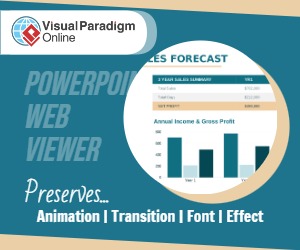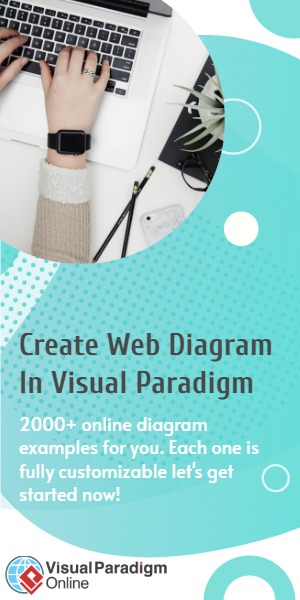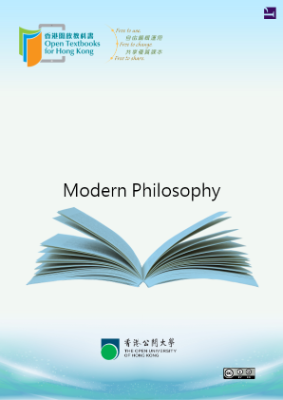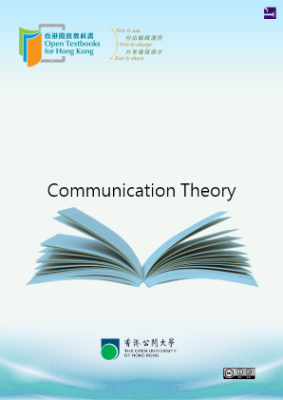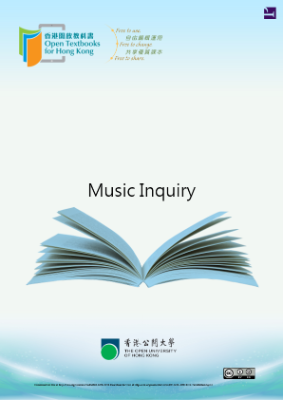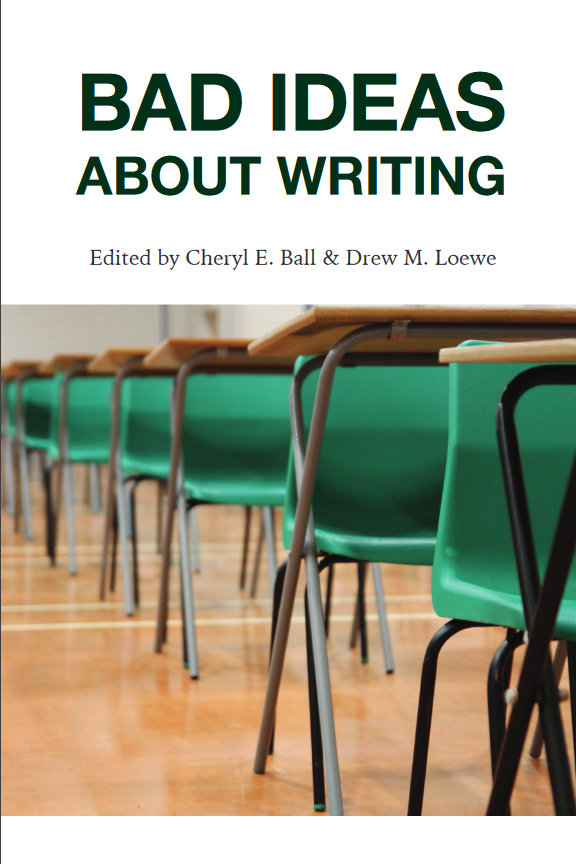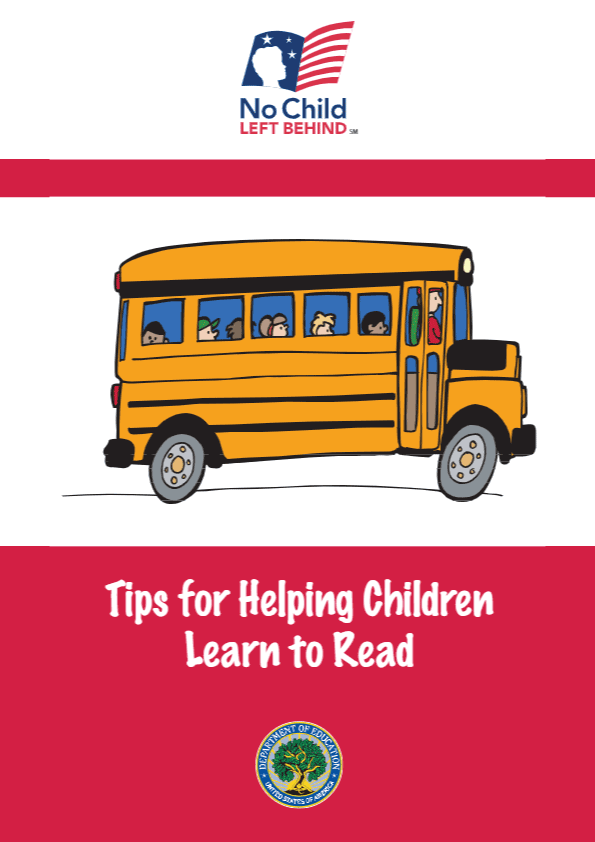Welcome to the world of psychological science–I’m so thrilled to share the world of psychological science with you. If you are feeling apprehensive about the word “science,” don’t let it throw you off. Although psychology is a science (more on this below!), I want to encourage you to think of science like a power tool: you might be a bit apprehensive at first, but once you learn how to use the tool, things become incredibly exciting. You will get some information on the tool of science in this chapter, with more to come in the chapters to follow.
With our science-power-tool in hand, we can systematically explore, evaluate, understand, and solve questions that we care about. For example, understanding how, when, and why the brain can re-write itself is a) cool, and b) allows us to use this information in contexts such as everyday learning, and recovery from trauma. Science allows us to measure and evaluate efficacy of treatments, including psychotherapy, providing us evidence that a specific treatment is worthwhile and won’t cause harm. Science allows us to understand basic behavioural phenomena like bystander apathy (the tendency for bystanders to not intervene in an emergency), and then it allows us to create interventions based in empirical evidence that will facilitate bystander engagement. Applying scientific methods allows us to create better communications so that people will behave in healthier ways, to design playgrounds to promote active play, to create healthier and more efficient work-places, to develop prevention and harm-reduction programs that work, and to optimize sport performance (just to name a few benefits). By using the scientific method to systematically explore questions like this, we a) can communicate more effectively with our colleagues in other areas by virtue of a common framework, and b) most importantly, have confidence that we are making decisions about how to proceed in any context with the support of empirical evidence.
Although the terms psychology and psychological science can be used interchangeably, it is important at this point to re-state that this book approaches psychology as a science. Psychology is the scientific study of brain and behaviour. This means that in the quest to understand brain and behaviour, the scientific method is applied. Thus, those training in the field of psychological science are developing the skills to notice patterns, develop hypotheses, systematically test those hypotheses through measurement, draw conclusions, and use those conclusions to create or refine hypotheses in an ongoing process that continually gives us a more accurate and precise understanding of brain and behaviour. To establish clear boundaries, psychology is not using gut intuition to understand people. Psychology is not making unfounded assumptions. Psychology is not mind reading. Instead, psychology is doing careful background research. Psychology is carefully collecting observations in a systematic way. Psychology is ensuring that observations are collected in an ethical way. Psychology is having strong understanding of research methods and data analytics so as to have the tools to carefully evaluate quality of evidence. Psychology is having awareness of validity, reliability, and generalizability of research findings to appropriately apply research in practice and future research. Psychology is ensuring that ethical responsibilities are met. In this book, we will highlight the ways in which the scientific method has been used to understand brain and behaviour, and we will help you to make important connections between training in the psychological sciences and the many careers that this training prepares you for.


